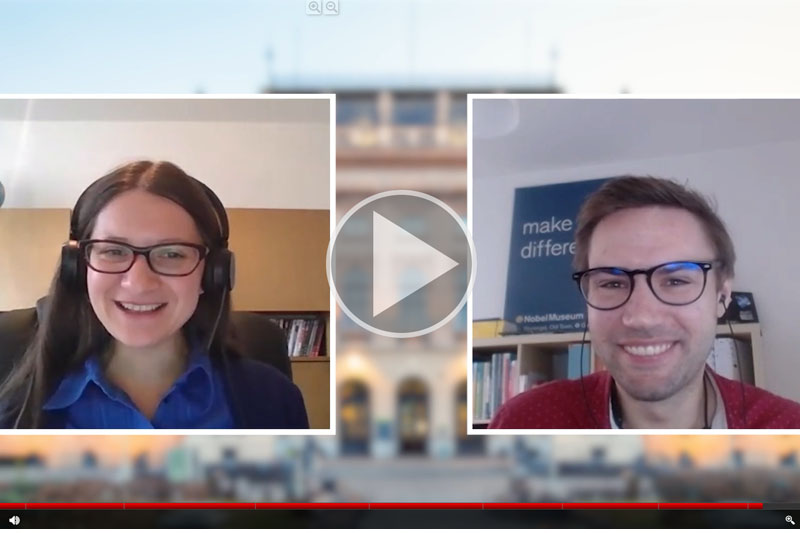In der Interviewserie "digiTales" erzählen Lehrende der Universität Graz von ihren Erfahrungen mit digitalen Tools, ihrer Online-Lehre und von ihren Plänen für das Wintersemester.
Thomas Schubatzky spricht unter anderem über aktuelle fachdidaktische Forschung zu digitalen Medien im Physikunterricht, über Erklärvideos, interaktive Elemente in diesen Videos und berichtet über seine Erfahrungen und Ideen aus der Lehrveranstaltung „Moderne Medien im Physikunterricht“.
Zu den Videos geht es hier.
Ansprechpartner: Thomas Schubatzky
